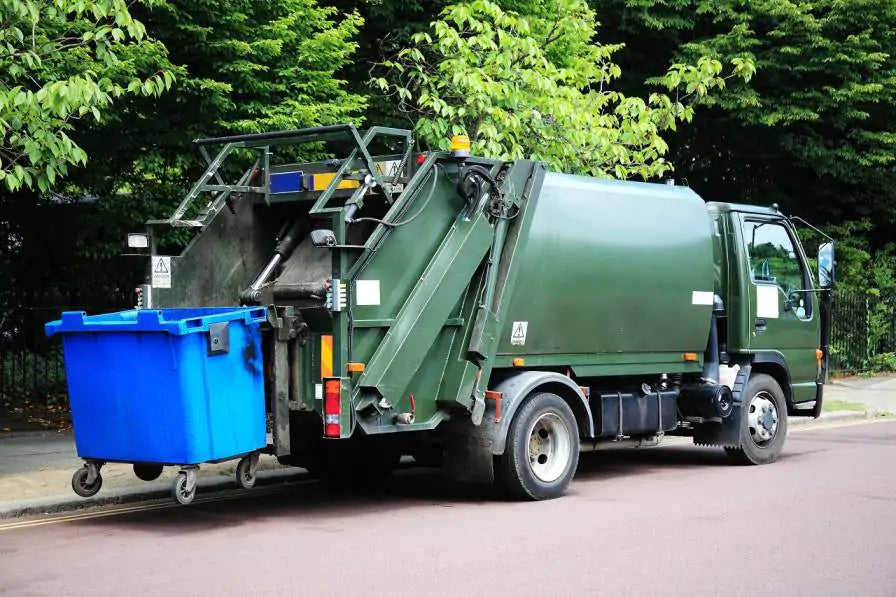Your basket is currently empty.
Shop NowNew Waste Collections Come to East Devon

New Green Waste Collections Come to East Devon
The recent glorious weather has probably got you thinking about getting out in your garden, and now a new green waste collection service is making it easier for residents of East Devon to look after theirs. Residents have been asking the council for a reliable green waste collection service for a while, and other councils across Devon run successful chargeable services.
6000 households have already subscribed to use the new service which begins this week and runs for 11 months of the year with a 4 week break over Christmas. The service costs £48 per year which works out at less than £2 per collection, and residents can take advantage of an introductory offer of a free 240 litre green bin. The bins would usually cost £20.00.
Residents can put grass cuttings, flowers, small tree branches, loose leaves and shrub and hedge trimmings in the bin, but the council will not accept large branches, turf, earth, soil, stones, gravel, pet bedding, food including fruit or vegetables, plant pots, household refuse or recycling. The green waste that is collected will be turned into high quality compost and used in the Devon area.
The council said that the new service represents excellent value for money and it will save residents time and money as they will no longer have to take their green waste to a recycling centre. A spokesman added that all the green waste will be composted locally and used on local farm land.
Residents can sign up for the service online at www.eastdevon.gov.uk/green or by calling East Devon’s customer services on 01395 571515.
Don’t want to pay for garden collections?
Why not compost? Composting is very simple. All you need to do is layer some organic waste and a little soil in a pile or in a bin to create a nourishing feed for your lawn, flowers, and vegetables.
What should you compost?
Fruit scraps
Vegetable scraps
Coffee grounds
Eggshells
Grass and plant clippings
Dry leaves
Finely chopped wood and bark chips
Shredded newspaper
Straw
What should you not compost?
Anything that contains meat, oil, fat, or grease
Diseased plant materials
Animal waste
Dairy products
 Image courtesy of WRAP UK
Image courtesy of WRAP UK
How to make your compost
- Combine wet and dry organic waste to make a pile. If the pile appears too wet, add more dry waste, and vice versa.
- Water the pile regularly so it’s moist, but don’t add too much water as this will cause the pile to rot rather than compost. Your compost pile should be warm-this is a sign that the materials are decomposing properly.
- Turn the pile once per week with a garden fork. This helps the materials to decompose faster and prevents an unpleasant odour from developing.
- When the compost appears dry, brown, and crumbly, it’s ready to spread on your garden. Spread around 4-6 inches on your flower beds and pots at the start of the planting season. Another thing you can try is steeping some of your compost in water for a few days, then straining it to make your own liquid fertiliser without a chemical in sight.






